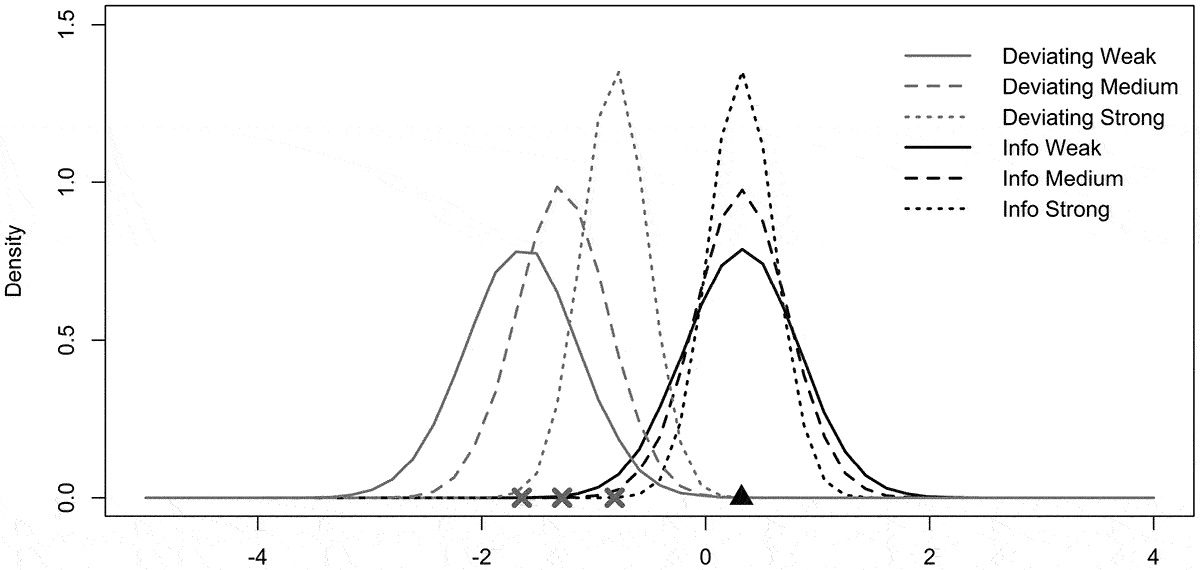Predicting a Distal Outcome Variable From a Latent Growth Model
Latent growth models (LGMs) with a distal outcome allow researchers to assess longer-term patterns, and to detect the need to start a (preventive) treatment or intervention in an early stage. The aim of the current simulation study is to examine the performance of an LGM with a continuous distal outcome under maximum likelihood (ML) and Bayesian estimation with default and informative priors, under varying sample sizes, effect sizes and slope variance values. We conclude that caution is needed when predicting a distal outcome from an LGM when the: (1) sample size is small; and (2) amount of variation around the latent slope is small, even with a large sample size. We recommend against the use of ML and Bayesian estimation with Mplus default priors in these situations to avoid severely biased estimates. Recommendations for substantive researchers working with LGMs with distal outcomes are provided based on the simulation results.
Smid, S. C., Depaoli, S., & Van De Schoot, R. (2019 - online). Predicting a Distal Outcome Variable From a Latent Growth Model: ML versus Bayesian Estimation. Structural Equation Modeling: A Multidisciplinary Journal. DOI: 10.1080/10705511.2019.1604140
We put all the relevant information needed to replicate our findings, on the Open Science Framework (OSF; see
).
Sannes PhD focuses on the use of informative priors in latent growth models with small sample sizes. She is interested in how prior knowledge can be used to compensate for small sample sizes.




